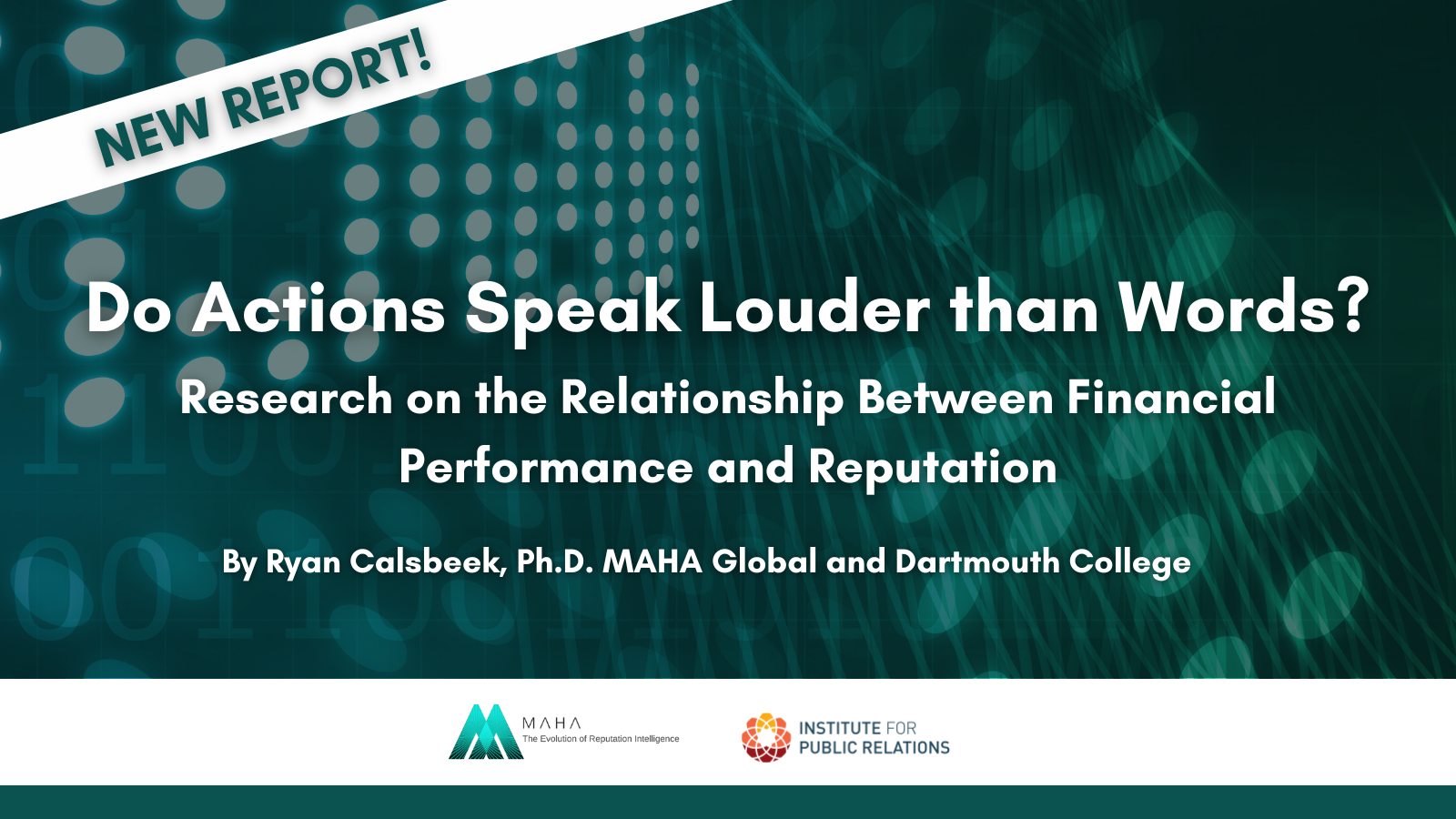“In the wake of so much scandal, in the face of so much skepticism, how do we rebuild trust in our institutions?” An op-ed in the June 5, 2006 issue of PRWeek by Institute president and CEO Frank Ovaitt suggests that may be the wrong question. Instead, we should be asking how to continue doing business successfully when one has to assume that trust is gone and not coming back.
The article cites a paper by Drs. Brad Rawlins and Kevin Stoker of Brigham Young University entitled: Taking the BS out of PR: Creating Genuine Messages by Emphasizing Character and Authenticity. The two scholars propose that public relations counselors take a “BS test,” answering questions like:
“Do you care more about how your behavior makes you look than how well it reflects your real character? Do you invite affected parties to participate in shaping decisions as well as communications? Do you personally verify facts before releasing information, or are you just the messenger? Does the message lead a stakeholder to a rational decision based on accurate, complete and verifiable information?”
Assuming zero trust means that the organization must offer immediate reassurance and rewards in every transaction and communication. You don’t have to ask for long-term trust if you are operating so straightforwardly that short-term trust is enough to get business done.
Plus, there is a second big advantage to this approach. If long-term trust and credibility are ever coming back – someday, for some institutions – it will be because of this kind of behavior. “But let it be a pleasant surprise when it happens,” the article concludes.



